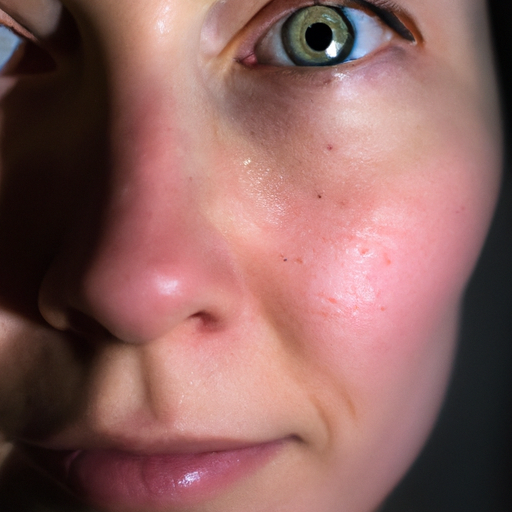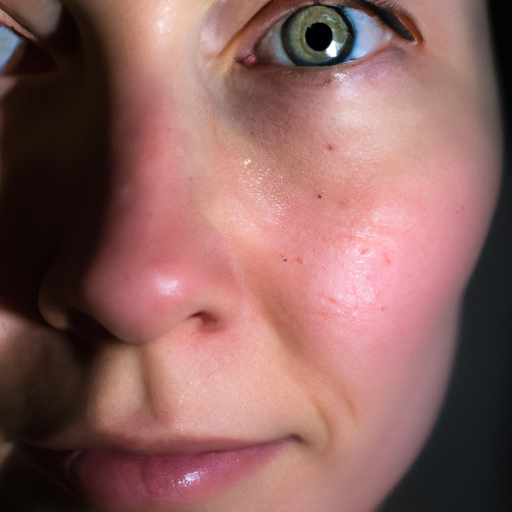Sensitive skin is a common condition that affects a significant number of people worldwide. It is characterized by redness, dryness, itching, and sometimes even pain. The causes of sensitive skin can range from genetic predisposition to environmental factors such as weather conditions, pollution, and exposure to harsh chemicals. However, despite the discomfort it brings, there are effective treatments that can help soothe and manage sensitive skin.
Firstly, it is essential to understand that sensitive skin requires a gentle approach. Harsh skincare products can exacerbate the condition, leading to further irritation and discomfort. Therefore, one of the most effective treatments for sensitive skin is the use of mild, hypoallergenic skincare products. These products are formulated without common irritants such as fragrances, dyes, and strong detergents. Instead, they contain soothing ingredients like aloe vera, chamomile, and oatmeal that help calm the skin and reduce inflammation.
Secondly, moisturizing is crucial for managing sensitive skin. Dryness often accompanies sensitivity, leading to a compromised skin barrier that is more susceptible to irritants. Regular use of a good moisturizer can help restore the skin’s natural barrier function, preventing moisture loss and protecting against irritants. Look for moisturizers with ingredients like hyaluronic acid and ceramides that are known for their hydrating and barrier-repairing properties.
Another effective treatment for sensitive skin is the use of sunscreen. UV rays can cause significant damage to the skin, leading to increased sensitivity and other skin issues. Therefore, daily application of a broad-spectrum sunscreen with an SPF of at least 30 is recommended. For those with sensitive skin, mineral sunscreens containing zinc oxide or titanium dioxide are usually well-tolerated as they are less likely to cause irritation compared to chemical sunscreens.
In addition to topical treatments, lifestyle changes can also help manage sensitive skin. This includes maintaining a healthy diet rich in antioxidants and omega-3 fatty acids, staying well-hydrated, and getting enough sleep. Stress management is also important as stress can trigger flare-ups in some people with sensitive skin.
For those with persistent or severe sensitive skin, it may be beneficial to seek professional help. Dermatologists can provide personalized treatment plans based on the individual’s skin type, lifestyle, and specific triggers. This may involve prescription creams or ointments, light therapy, or other specialized treatments.
Lastly, it’s worth noting that while these treatments can help manage sensitive skin, they are not cure-alls. Sensitive skin is a chronic condition that requires ongoing care and management. However, by understanding your skin and its triggers, using appropriate skincare products, and making lifestyle adjustments, you can significantly improve the comfort and appearance of your skin.
In conclusion, sensitive skin can be a challenging condition to live with, but there are effective treatments available. By adopting a gentle skincare routine, using hypoallergenic products, moisturizing regularly, protecting against UV rays, making lifestyle changes, and seeking professional help when needed, individuals with sensitive skin can achieve healthier, more comfortable skin.




